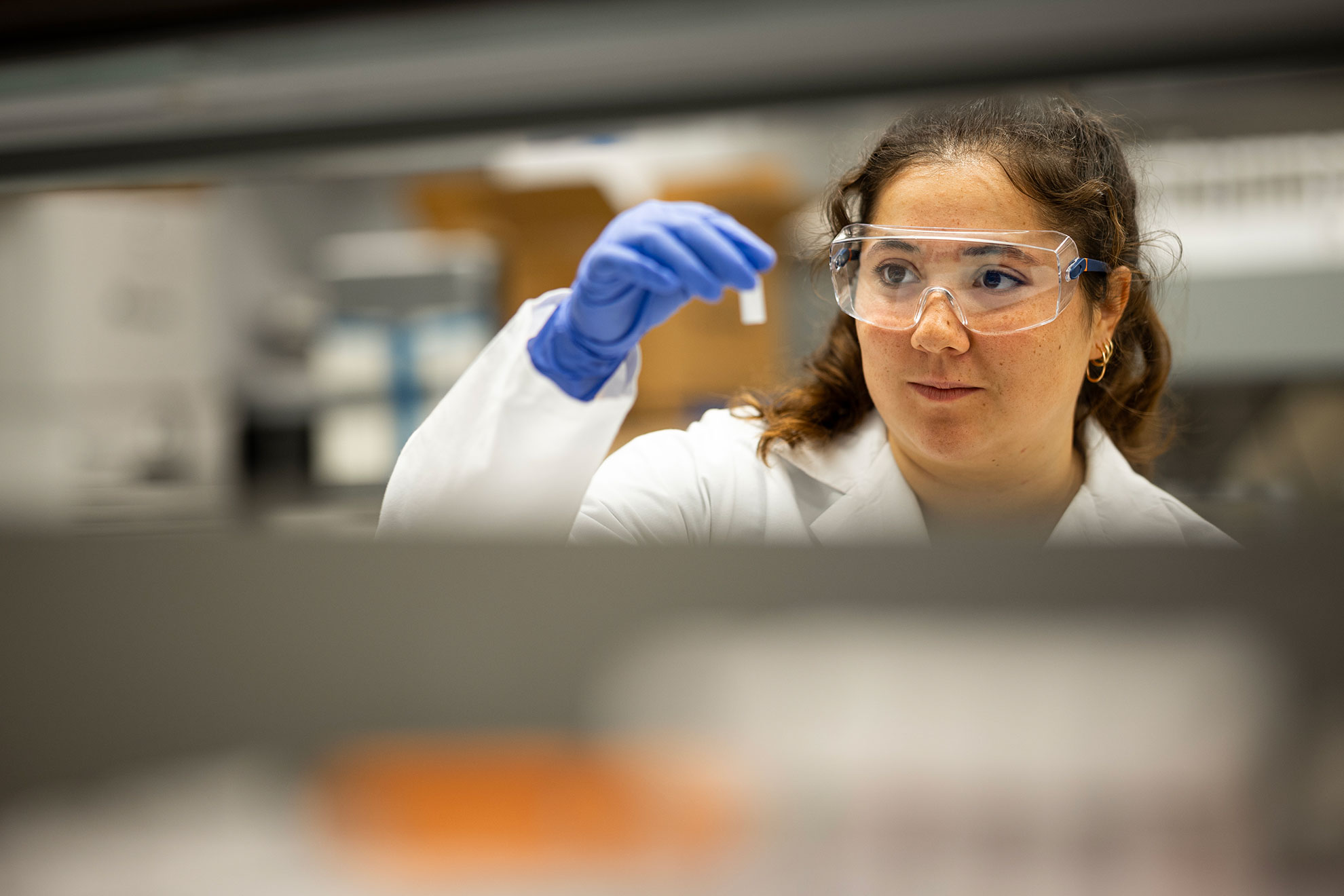
"They have been statistically associated with increased incidences of a wide range of chronic diseases that indicate adverse impacts on immune health, cardiovascular health, inflammation, and risks of certain cancers. Our lab focuses on better characterizing sources of PFAS exposures and interventions that can help people reduce their exposures to these chemicals."
"When you're on the water for so long, you notice it changing from oil and gas spills in the harbor,"
"In more recent years there's also been a notable increase in red tides and bacteria blooms which negatively impact our beaches and local aquatic systems."
Olivia Hogan-Lopez observed increasing pollution and harmful algal blooms while sailing and now studies how per- and polyfluoroalkyl substances (PFAS) affect humans and ecosystems. PFAS are used in many consumer products and resist environmental degradation, earning the label "forever chemicals." Some PFAS have long human half-lives and are statistically associated with higher incidences of immune, cardiovascular, inflammatory conditions, and certain cancers. Research aims to better characterize exposure sources and develop interventions to reduce exposure. One study found PFAS in the bloodstream of 98 percent of the U.S. population. Current work focuses on how PFAS accumulates and which organs retain these compounds.
Read at Harvard Gazette
Unable to calculate read time
Collection
[
|
...
]